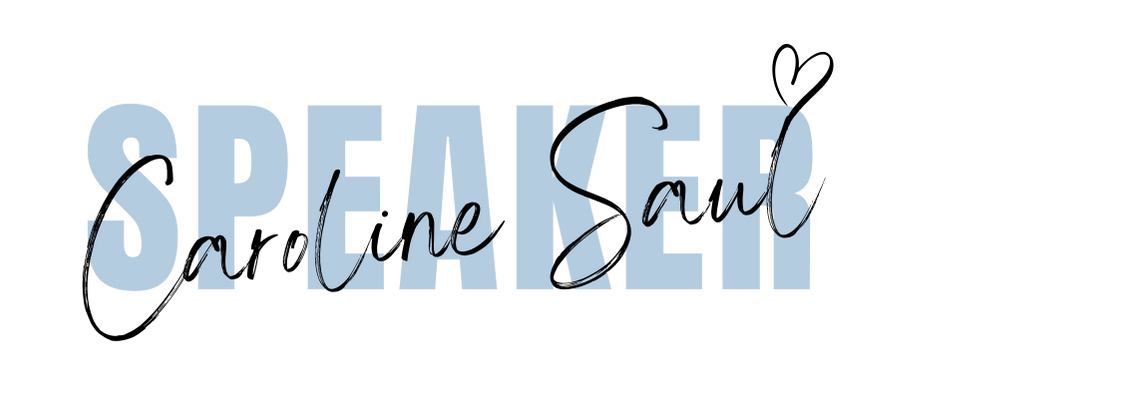In a world where acceptance and understanding should be the norm, it is disheartening to see marginalised groups, such as the LGBTQ2+ community, grappling with the challenges posed by hate crimes and domestic violence. These issues have far-reaching consequences, impacting not only the victims but also the wider community. Let’s delve into these problems, shed light on their significance, and explore how we can work together to make a difference.
So, hate crimes are fuelled by prejudice or bias against specific groups, including race, religion, sexual orientation, and gender identity. The consequences can be devastating and shockingly, the following statistics from Stonewall reveal that in the past year alone:
-
- Worryingly, four in five anti-LGBT hate crimes and incidents go unreported, with younger LGBT individuals being particularly hesitant to involve the police.
- One in five LGBT individuals has experienced a hate crime or incident due to their sexual orientation and/or gender identity.
- Two in five trans individuals have faced hate crimes or incidents targeting their gender identity.
The effects of hate crimes are far-reaching, causing physical harm and emotional trauma to the victims. Moreover, they sow fear and division within communities, exacerbating tensions between different groups. To combat and prevent hate crimes, we must take proactive measures. Education is a powerful tool in fostering acceptance and respect for diversity. Schools, community organisations, and various platforms play a pivotal role in raising awareness about the harm caused by these crimes and the importance of embracing differences. In addition, strengthening laws and policies to address hate crimes is crucial. By increasing penalties for these offenses and providing support and resources for victims, we can send a strong message that hate, and prejudice will not be tolerated. It is equally vital to equip law enforcement agencies with the necessary training and resources to effectively investigate and prosecute hate crimes.
Sadly, LGBTQ2+ individuals often face a higher risk of domestic violence. Discrimination and stigma in society create additional hurdles for them when seeking help and support. It’s important to recognise the unique challenges they face in this regard. Compared to their heterosexual counterparts, LGBTQ2+ individuals may experience domestic violence differently. They may be more likely to face abuse from a partner within the LGBTQ2+ community and when reporting can easily be dismissed or not believed. Also, fear of discrimination or stigma can hinder them from seeking assistance from friends or family. Furthermore, accessing appropriate resources and support can be challenging, as many domestic violence shelters and hotlines are not fully equipped to cater to the specific needs of LGBTQ2+ survivors.
If you or someone you know is experiencing domestic violence, remember that help is available. Reach out to organisations like GALOP, which provide hotlines and counselling services. It’s important to understand that you are not alone in your struggle, and support is just a call away.
